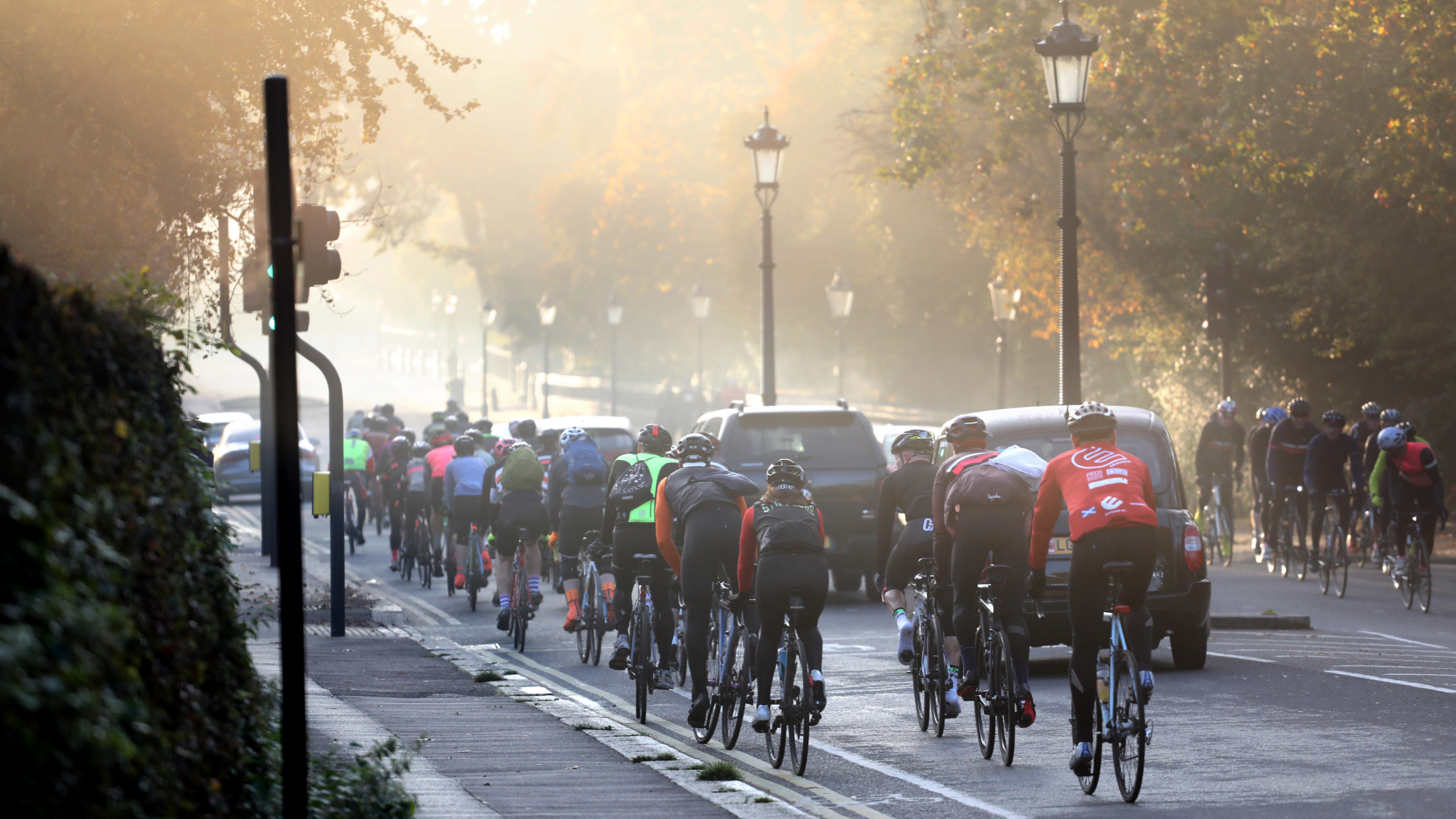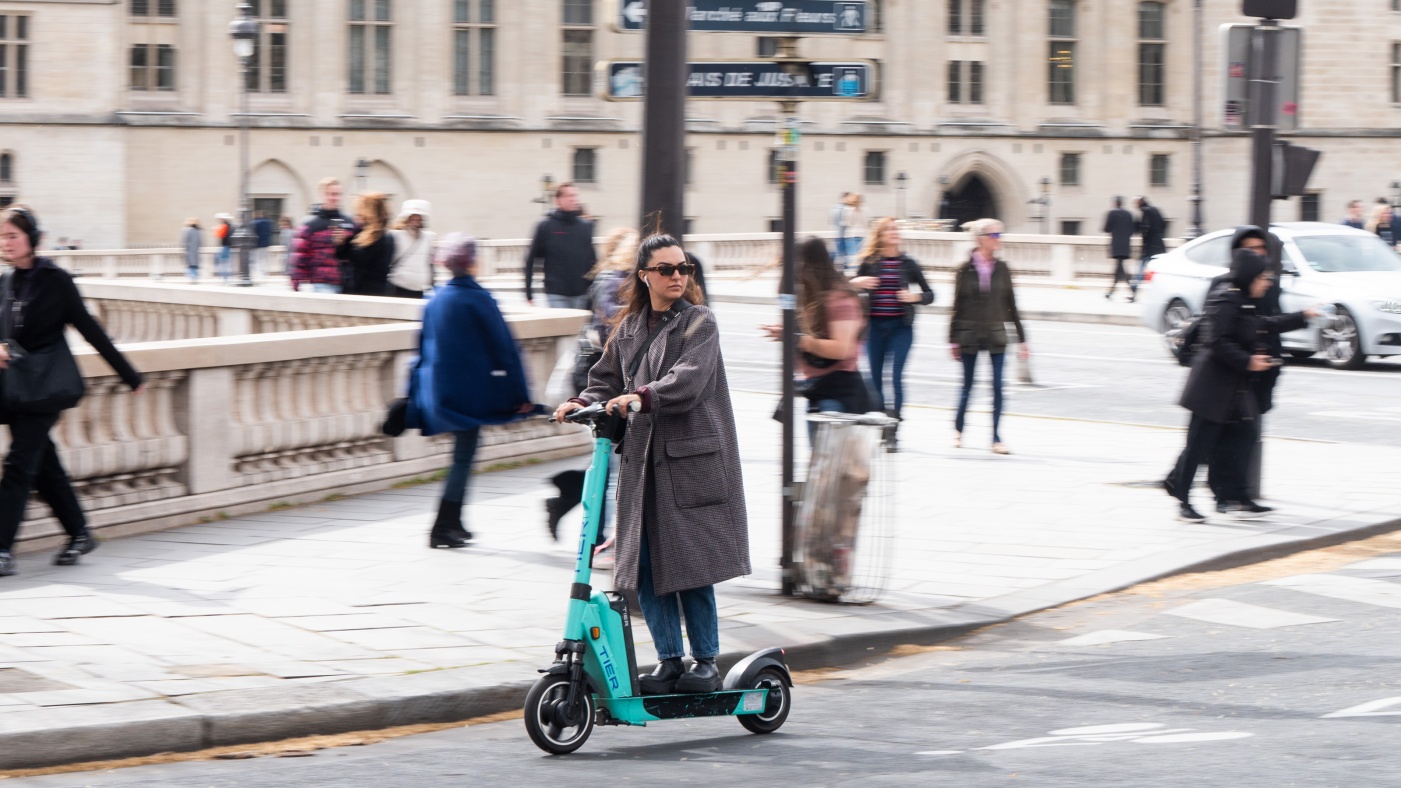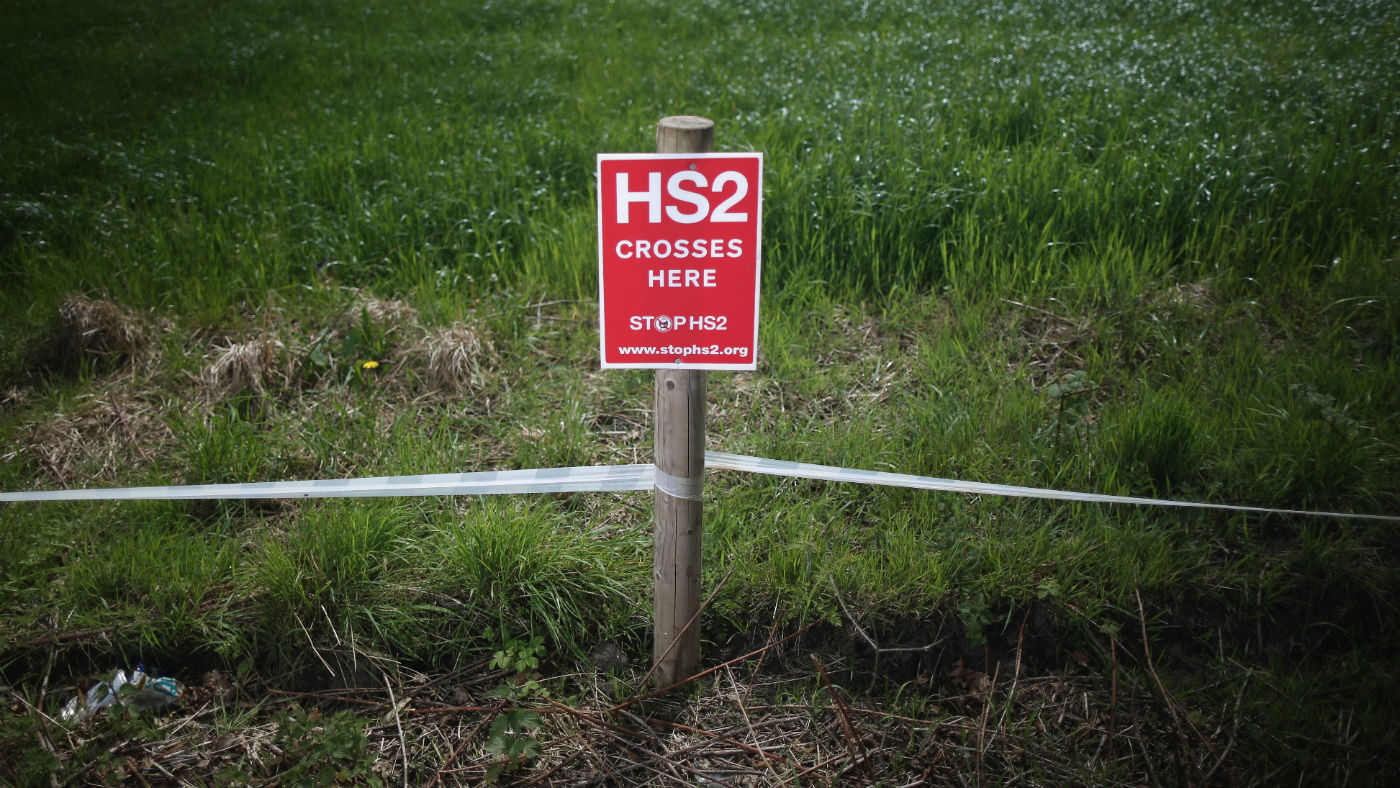Cyclists: is it time for tougher laws?
MPs vote to back harsher penalties for dangerous road-use by cyclists

A free daily email with the biggest news stories of the day – and the best features from TheWeek.com
You are now subscribed
Your newsletter sign-up was successful
It's early morning and, in central London, "the sun rises sleepily" over Regent's Park's lake and lawns, said Esther Addley in The Guardian. But on the road that encircles the park, the atmosphere is anything but lazy.
With cars banned until 7am, scores of cyclists are pedalling furiously around the Outer Circle. Many are en route to work, others are members of cycle clubs doing timed laps in groups.
To some, this scene is a positive sign that growing numbers are keeping fit and minimising pollution by getting on bikes. But the recent inquest into the death of Hilda Griffiths, 81, who was fatally injured by a bike in Regent's Park in 2022, has cast these cyclists into a "political and media storm".
The Week
Escape your echo chamber. Get the facts behind the news, plus analysis from multiple perspectives.

Sign up for The Week's Free Newsletters
From our morning news briefing to a weekly Good News Newsletter, get the best of The Week delivered directly to your inbox.
From our morning news briefing to a weekly Good News Newsletter, get the best of The Week delivered directly to your inbox.
The cyclist, a banker, was going well over the 20mph speed limit for cars when Griffiths stepped into his path, but was not prosecuted because speed limits do not apply to bikes. Her son has called for a change in the law and, last week, MPs voted for harsher penalties for careless cyclists who cause death or serious injury.
Rogue road-use
It's about time, said Simon Heffer in The Daily Telegraph. For too long, cyclists have been acting with impunity on British roads: jumping red lights at speed, going the wrong way down one-way streets, using roads as racetracks. Any motorist who behaved in such a way would fall foul of the police; cyclists, with no numberplates with which to track them, get away with it.
Long jail terms for those who kill seems like just the start of what is needed to curb rogue cyclists, said Mary Dejevsky in The Independent – especially given the growing menace of ebikes, which tend to be much heavier, and to be ridden faster.
Exaggerated threat
The idea that cyclists are killers is overblown, said Peter Walker in The Guardian. Responsible for less than 1% of the pedestrian deaths on British roads, they are far more likely to be killed than to kill.
A free daily email with the biggest news stories of the day – and the best features from TheWeek.com
But still, a minority do think the rules of the road don't apply to them, said The Times, and the current two-year jail term for cyclists who kill, under an act dating from 1861, is insufficient as a punishment or deterrent. Cycling is a clean, efficient mode of transport, especially in cities. Its recent boom in popularity should be encouraged; the best way of doing that is to make sure it is safe, for everyone.
-
 How the FCC’s ‘equal time’ rule works
How the FCC’s ‘equal time’ rule worksIn the Spotlight The law is at the heart of the Colbert-CBS conflict
-
 What is the endgame in the DHS shutdown?
What is the endgame in the DHS shutdown?Today’s Big Question Democrats want to rein in ICE’s immigration crackdown
-
 ‘Poor time management isn’t just an inconvenience’
‘Poor time management isn’t just an inconvenience’Instant Opinion Opinion, comment and editorials of the day
-
 HS2: a runaway train
HS2: a runaway trainTalking Point PM may cut Manchester to Birmingham line of beleaguered rail project due to spiralling costs
-
 Paris bans e-scooter rentals
Paris bans e-scooter rentalsTalking Point Electric vehicles were popular with younger residents but older Parisians swung the crucial referendum
-
 Wind-powered cargo ship takes maiden voyage
Wind-powered cargo ship takes maiden voyagefeature Good news stories from the past seven days
-
 HS2: is this the end of the line?
HS2: is this the end of the line?Talking Point The costs of the track have steadily risen even as the potential gains have diminished say detractors
-
 Electric flying taxis: pie in the sky or climate panacea?
Electric flying taxis: pie in the sky or climate panacea?Talking Point Race is on to develop ‘quieter, cheaper and emission-free aircraft’ that can land in city centres
-
 Giant cruise ships: monsters of the high seas
Giant cruise ships: monsters of the high seasfeature Today’s ships are more than twice the size of those built in the 1990s
-
 The long wait for HS2
The long wait for HS2feature Europe’s biggest infrastructure project is facing long delays and ever-rising costs
-
 Going electric: the drive to turbocharge a car revolution
Going electric: the drive to turbocharge a car revolutionTalking Point The US EPA has imposed regulations on car makers to increase production of electric vehicles